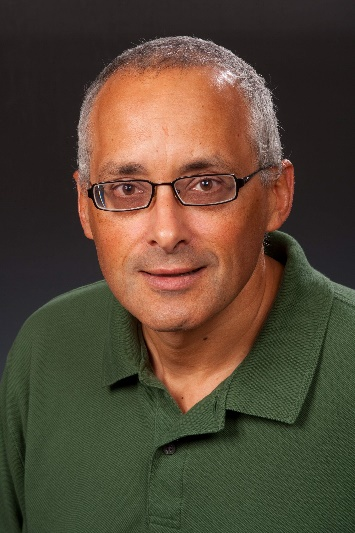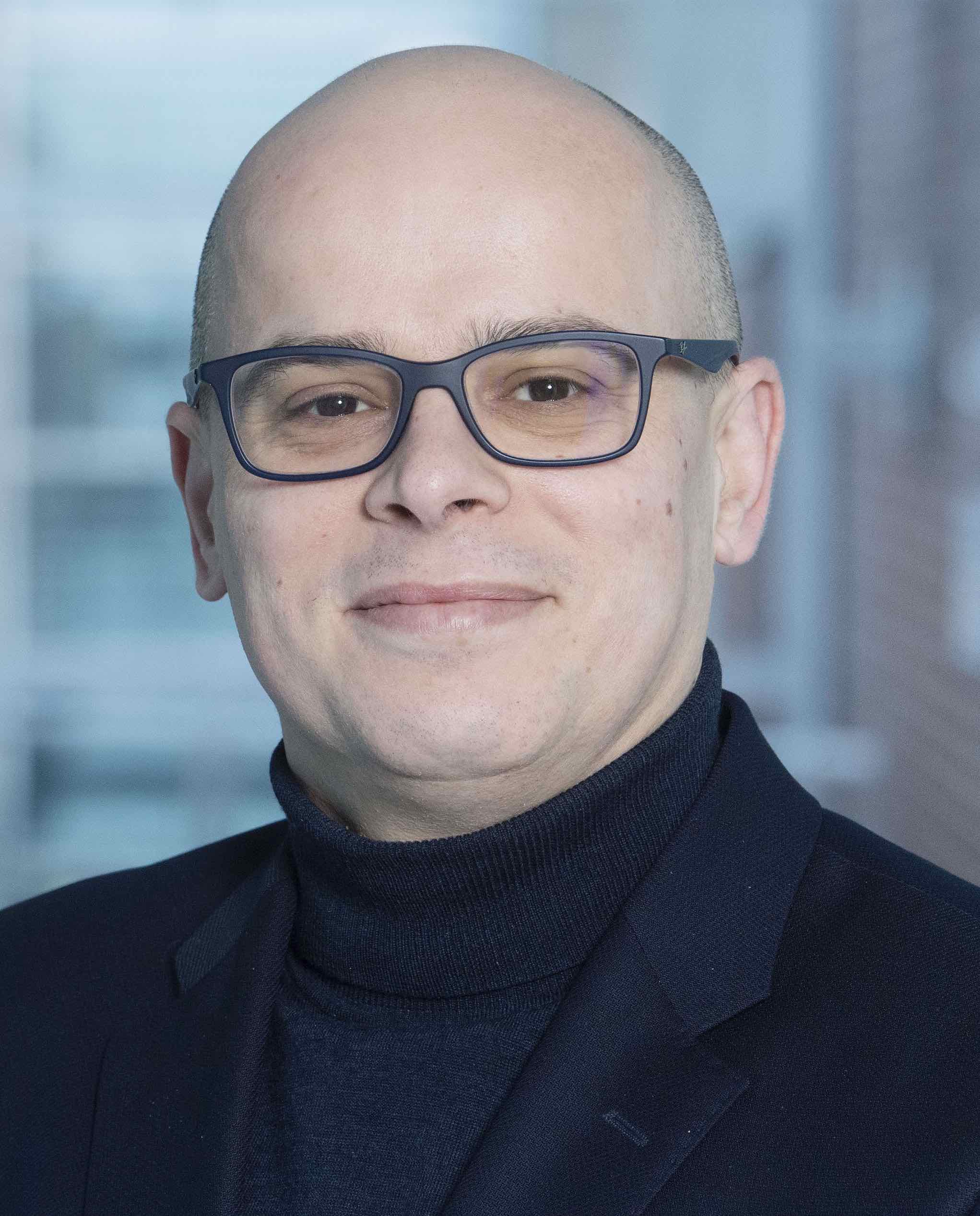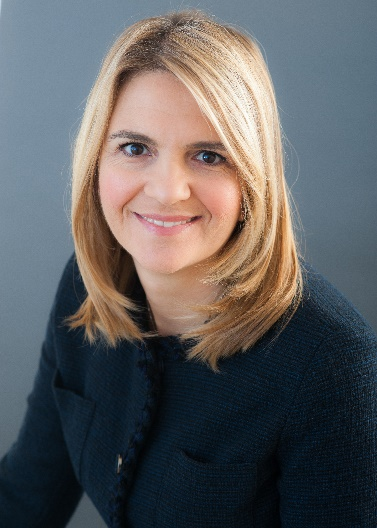Fourth International Balkan Conference on Communications and Networking
Novi Sad, Serbia, September 20-22, 2021
Fourth International Balkan Conference on Communications and Networking
Novi Sad, Serbia, September 20-22, 2021
Wireless Future in the New Decade
Keynote Speakers
The Age of Information: Status Updates for Real-time Systems
 |
Roy Yates Professor, Electrical and Computer Engineering Department |
Abstract
Increasingly ubiquitous network connectivity has engendered applications in which sources such as environmental sensors, video cameras, and autonomous vehicles send updates of their status to interested recipients. These applications require timely status updates at the recipients; however, this is typically constrained by limited communication and network resources. We describe an Age-of-Information (AoI) timeliness metric for the evaluation of status update systems and we characterize the AoI requirements of a range of real-time applications. We derive general methods for calculating AoI that we apply to system abstractions of sources, monitors, networks, and edge cloud processors. We identify optimal updating policies based on the bandwidth and energy constraints of the senders and system. We observe that optimal updating policies can be counter-intuitive and differ from the throughput/delay tradeoffs that typically describe low latency networking.
Short Biography
Roy Yates received the B.S.E. degree in 1983 from Princeton and the S.M. and Ph.D. degrees in 1986 and 1990 from MIT, all in Electrical Engineering. Since 1990, he has been with the Wireless Information Networks Laboratory (WINLAB) and the ECE department at Rutgers University. Presently, he is a Distinguished Professor with WINLAB and the ECE Dept. He is an author (with David Goodman) of Probability and Stochastic Processes: A Friendly Introduction for Electrical and Computer Engineers published by John Wiley and Sons, currently in its third edition. He is a 2011 IEEE Fellow and a recipient of the 2003 IEEE Marconi Prize Paper Award in Wireless Communications, the best paper award for the ICC 2006 Wireless Communications Symposium, and the 2011 Rutgers University Teacher-Scholar award.
Dr. Yates is a past associate editor of the IEEE Journal on Selected Areas of Communication Series in Wireless Communication and also a past Associate Editor for Communication Networks of the IEEE Transactions on Information Theory.
Aspects of Time and Space in Wireless Connectivity beyond 5G
 |
Petar Popovski Professor, Department of Electronic Systems |
Abstract
Wireless connectivity augments human capabilities beyond their natural domain, enabling operation and interaction with objects and subjects placed within an extended space-time domain. This talk will highlight aspects of time and space as these two basic physical notions get intertwined with the digital wireless communication systems beyond-5G/6G. In terms of time, the talk will present the general concept of timing in wireless communication systems and networks and its relation to effective information generation, processing, transmission, and reconstruction at the senders and receivers. Starting from the focus on latency, a specific instance of timing being in the focus of 5G, the talk will present a statistical framework of timing requirements in wireless systems. The timing framework subsumes both latency and Age of Information (AoI) and applied to various communication models, such as consensus or distributed learning/inference. In terms of space, wireless environments evolve towards becoming intelligent and reconfigurable. The talk will discuss the communication modeling aspects of reconfigurable wireless environments. Finally, leveraging the ambiguity of the term “space”, the talk will provide a perspective on non-terrestrial/satellite networks and their role in future wireless connectivity.
Short Biography
Petar Popovski (Fellow, IEEE) is a Professor at Aalborg University, where he heads the section on Connectivity and a Visiting Excellence Chair at the University of Bremen.
He received his Dipl.-Ing and M. Sc. degrees in communication engineering from the University of Sts. Cyril and Methodius in Skopje and the Ph.D. degree from Aalborg University in 2005.
He received an ERC Consolidator Grant (2015), the Danish Elite Researcher award (2016), IEEE Fred W. Ellersick prize (2016), IEEE Stephen O. Rice prize (2018), Technical Achievement Award
from the IEEE Technical Committee on Smart Grid Communications (2019), the Danish Telecommunication Prize (2020) and Villum Investigator Grant (2021). He is a Member at Large at the Board
of Governors in IEEE Communication Society, Vice-Chair of the IEEE Communication Theory Technical Committee and Ieee Transactions On Green Communications and Networking. He is currently an
Area Editor of the IEEE Transactions On Wireless Communications. Prof. Popovski was the General Chair for IEEE SmartGridComm 2018 and IEEE Communication Theory Workshop 2019. His research
interests are in the area of wireless communication and communication theory. He authored the book “Wireless Connectivity: An Intuitive and Fundamental Guide”, published by Wiley in 2020.
Ultra-Low-Latency Millimeter Wave Networking using True-Time-Delay Array Architecture
 |
Danijela Cabric Professor, Electrical and Computer Engineering Department |
Abstract
Future generations of millimeter wave networks (mmW-nets) will operate in the upper mmW frequency band where ≥ 10 GHz bandwidth can be used to meet the ever increasing demands. Their realization will demand addressing a completely new set of challenges including wider bandwidths, larger antenna array sizes, and higher cell density. These new system requirements demand fundamental rethinking of radio architectures, signal processing, and networking protocols. Major breakthroughs are required in radio front-end architectures to enable wideband mmW-nets, as most commonly adopted phased antenna array (PAA) based radios face many challenges in achieving fast beam acquisition, interference suppression and wideband data communication. This talk will present the potential of true-time-delay (TTD) based array architecture for wideband mmW-nets for low latency initial beam training and data communication.
Short Biography
Danijela Cabric is Professor in the Electrical and Computer Engineering Department at the University of California, Los Angeles. Her research interests include novel radio architectures, signal processing, communications, machine learning and networking techniques for cognitive radio, 5G and massive MIMO systems. Dr. Cabric received the Samueli Fellowship in 2008, the Okawa Foundation Research Grant in 2009, Hellman Fellowship in 2012 and the National Science Foundation Faculty Early Career Development (CAREER) Award in 2012. She served as an Associate Editor in IEEE Journal on Selected Areas in Communications (Cognitive Radio series) and IEEE Communications Letters, and TPC Co-Chair of 8th International Conference on Cognitive Radio Oriented Wireless Networks (CROWNCOM) 2013. She is now an Associate Editor of IEEE Transactions of Cognitive Communications and Networking, IEEE Transactions on Wireless Communications and IEEE Transactions on Mobile Computing. She is a Senior Member of IEEE and ComSoc Distinguished Lecturer.
Conference Series